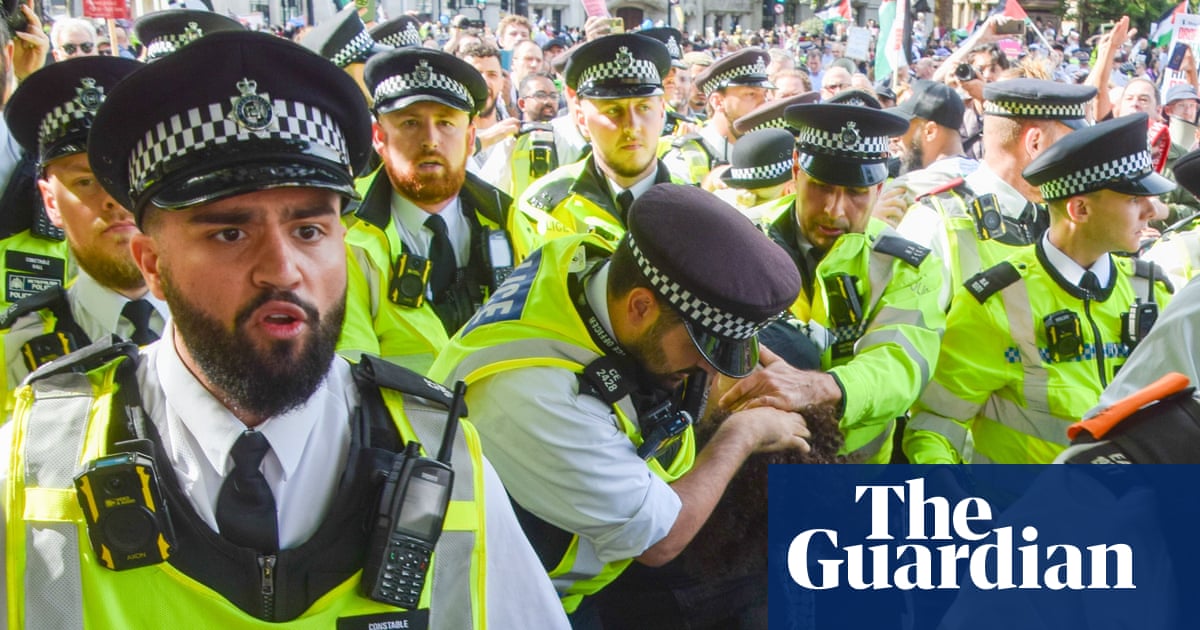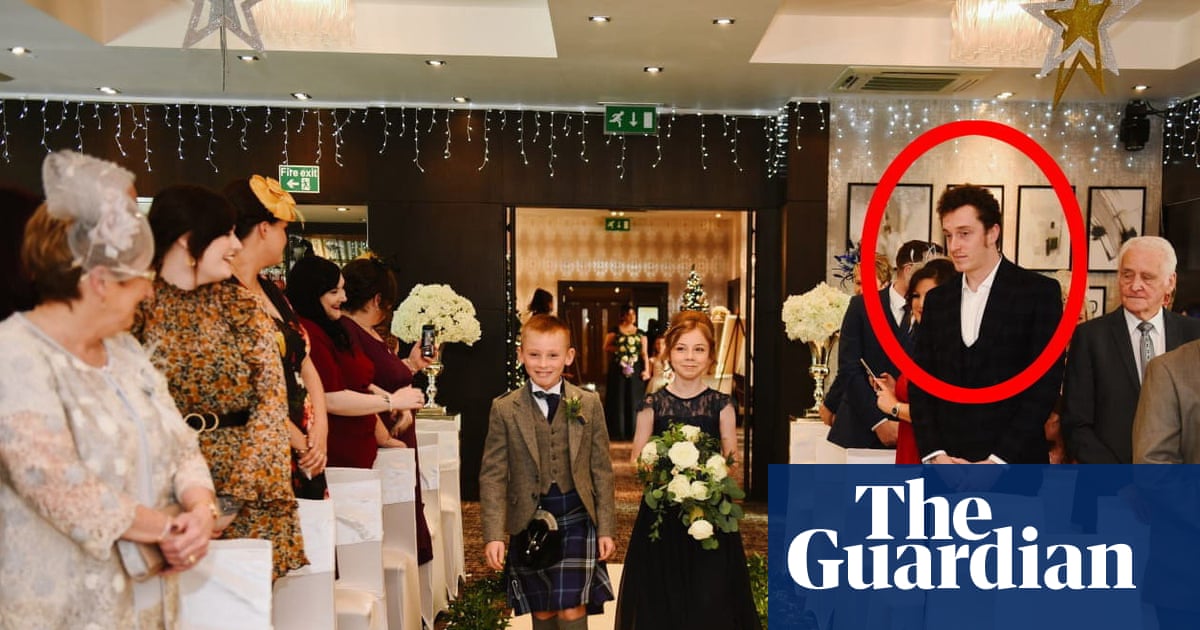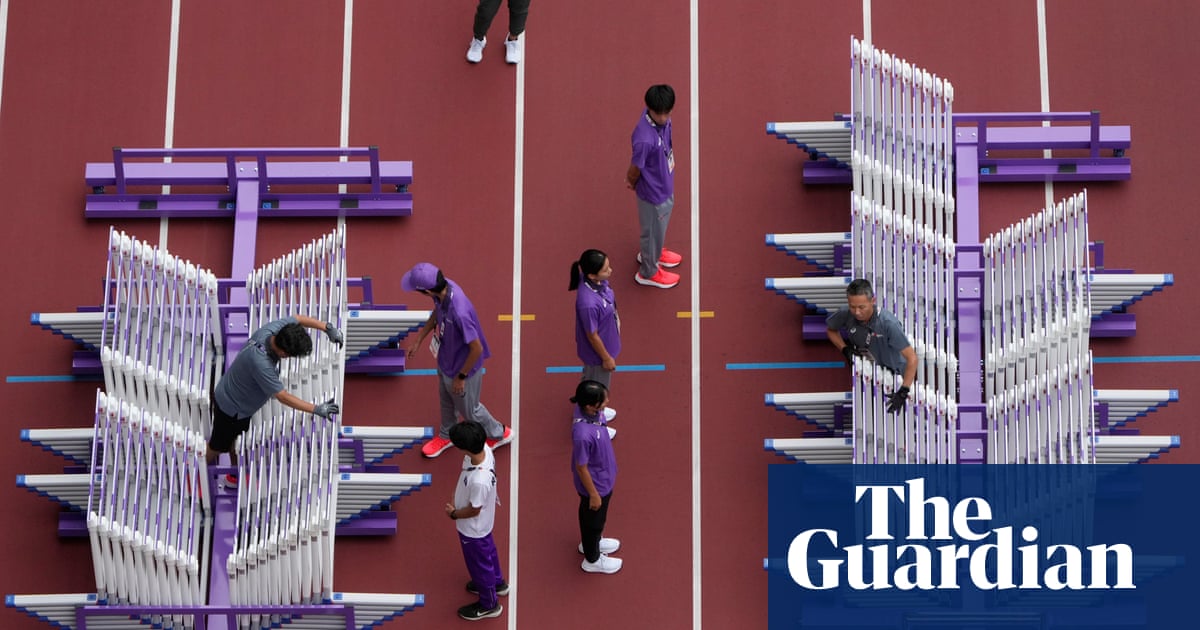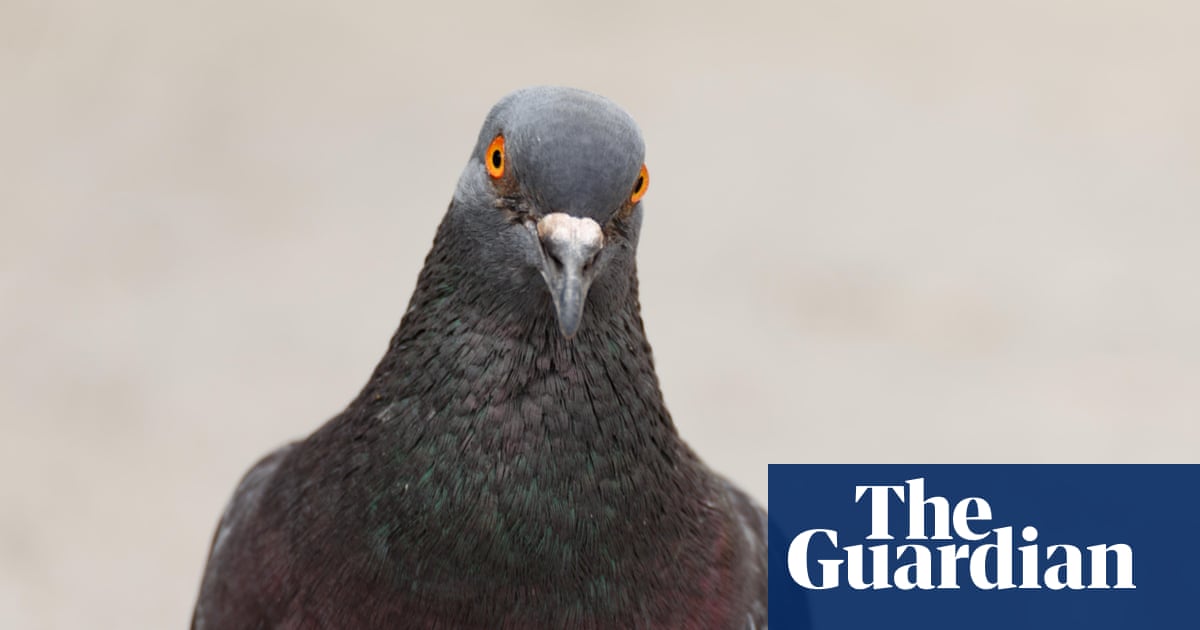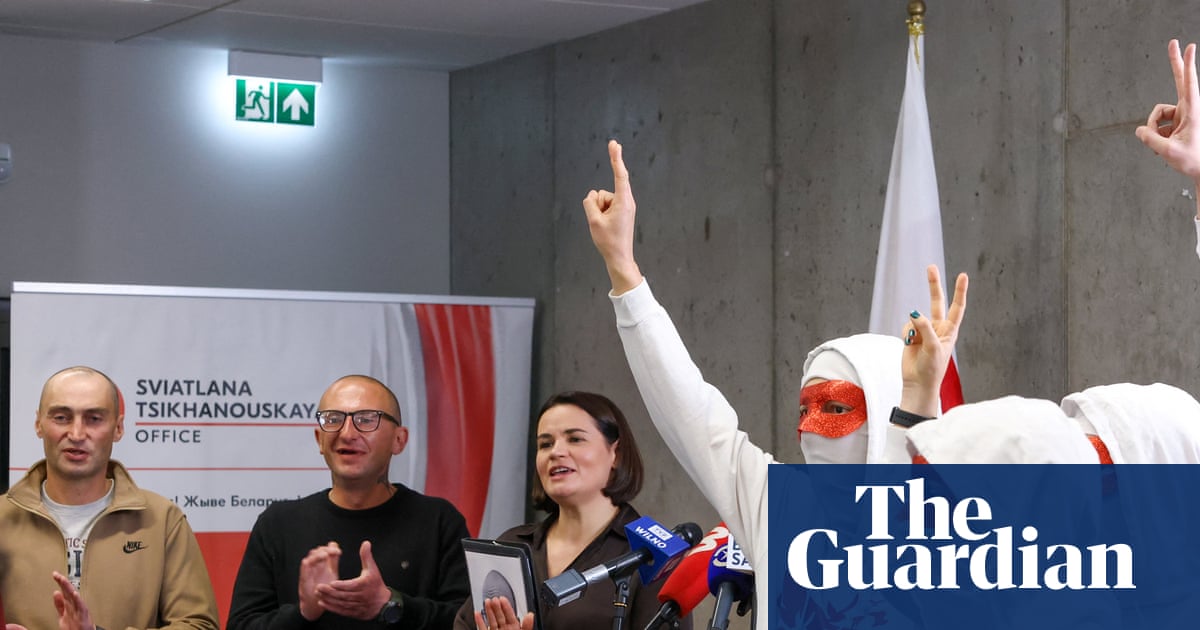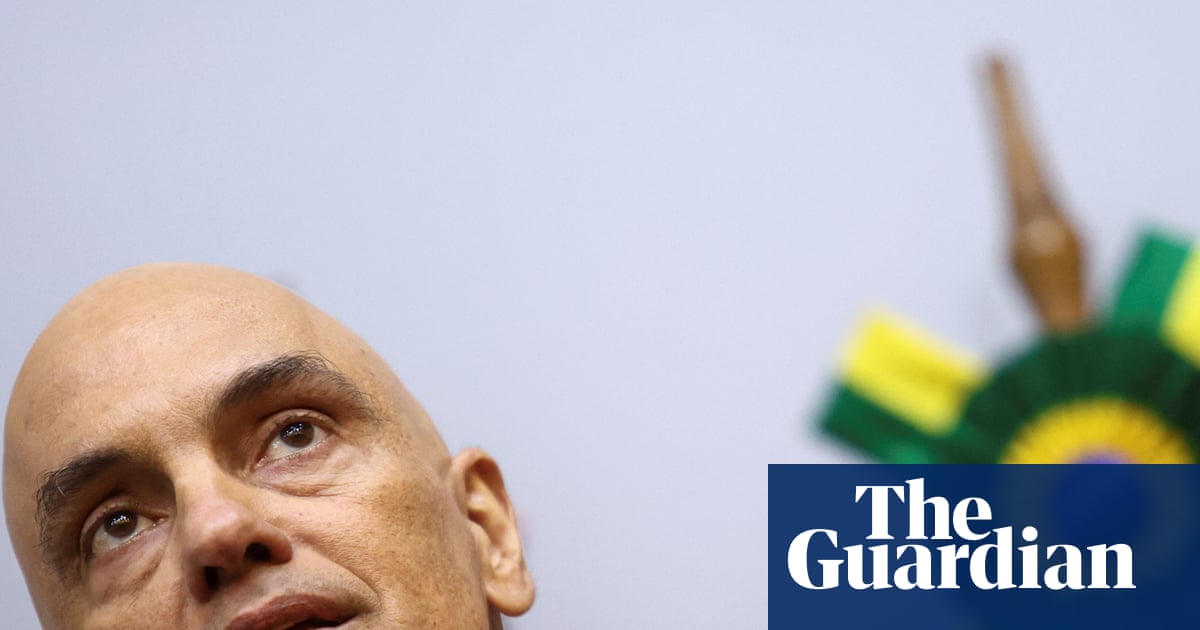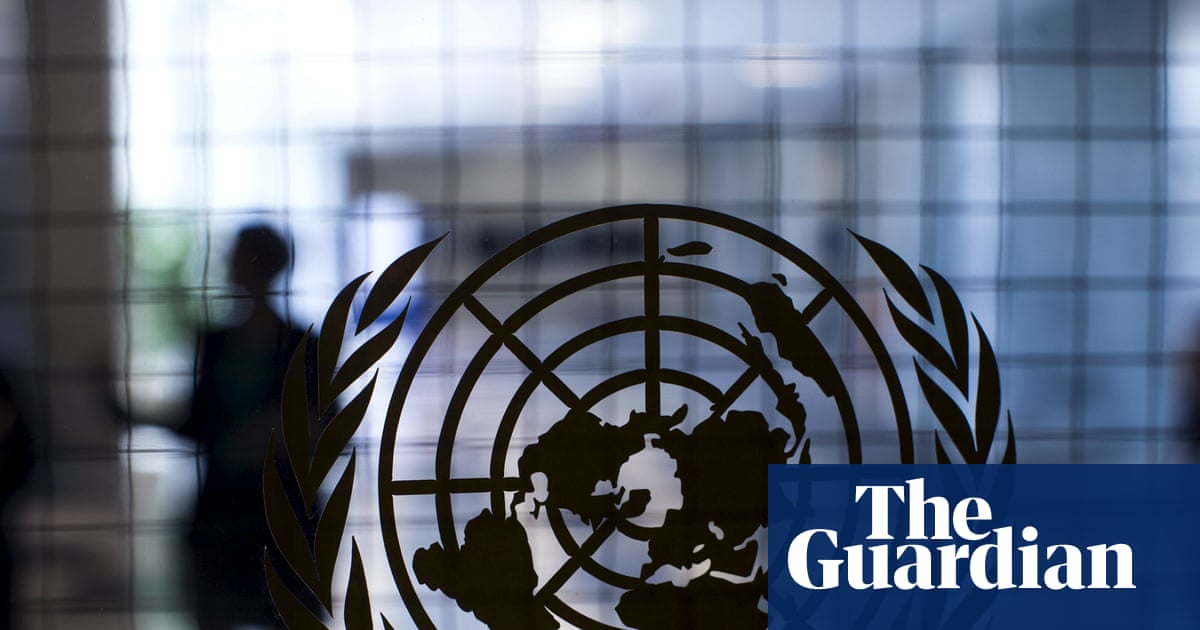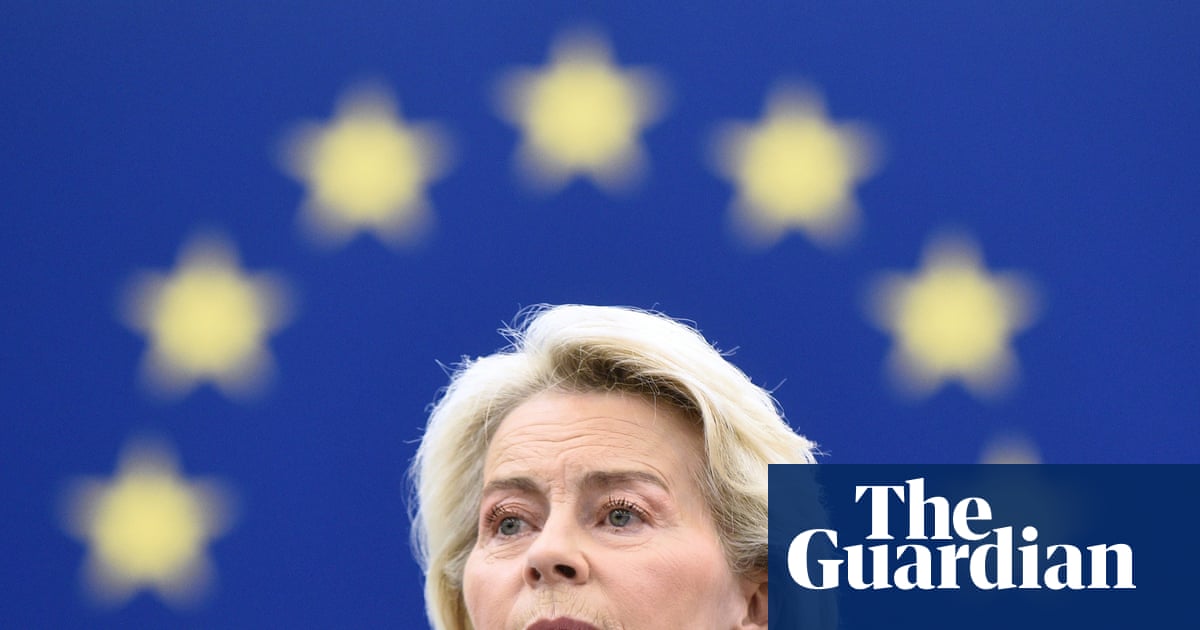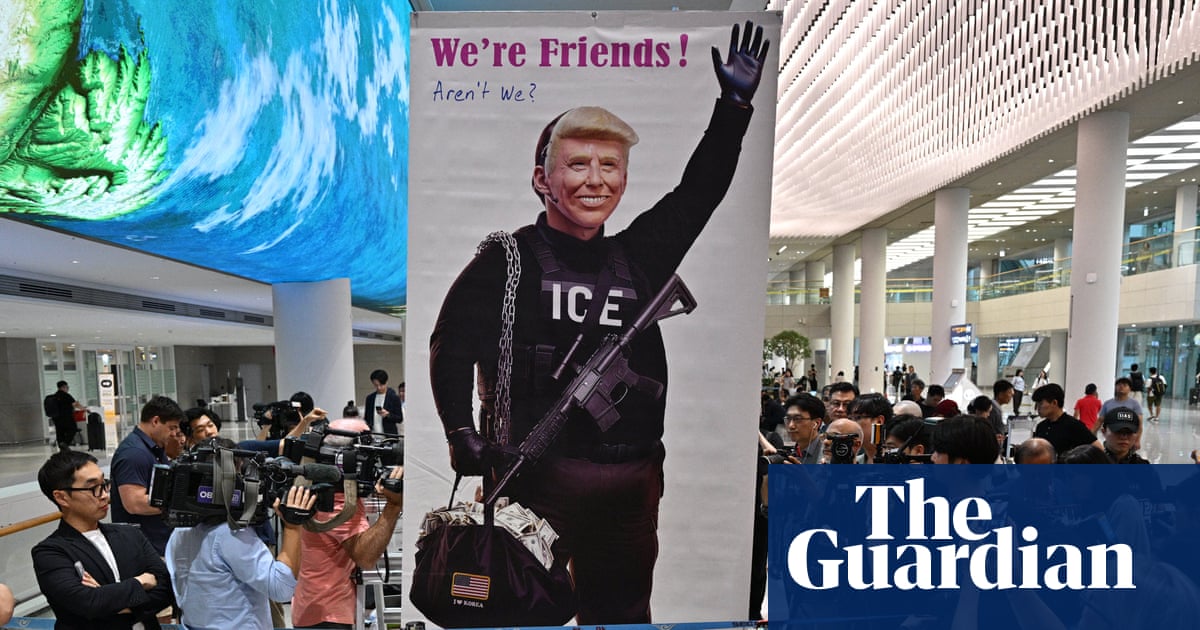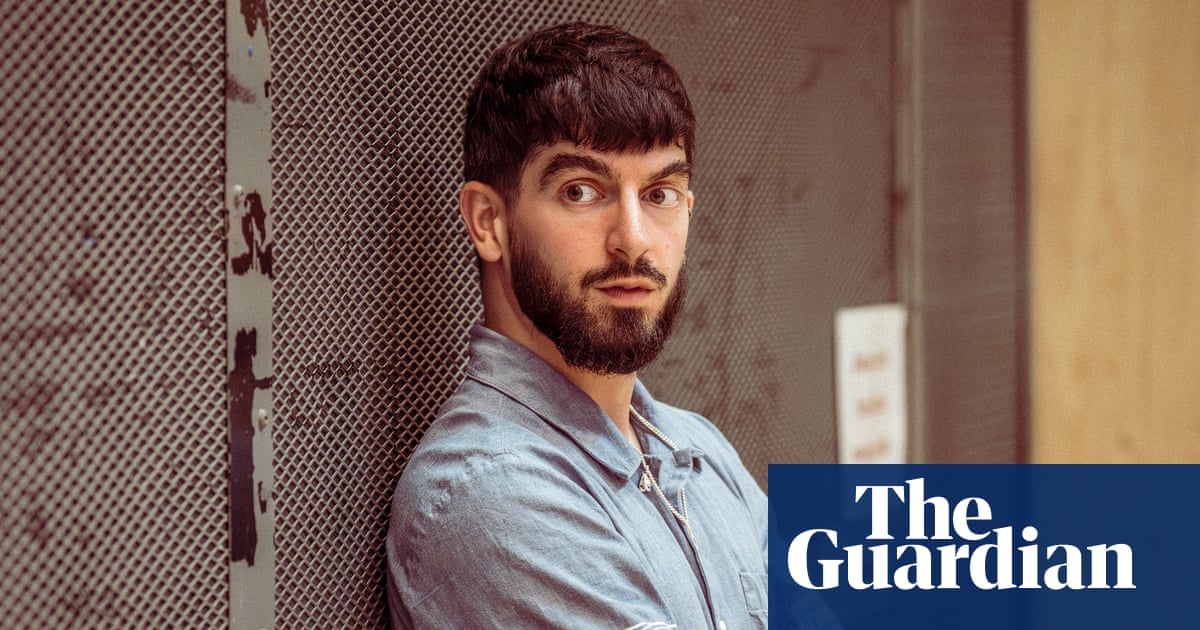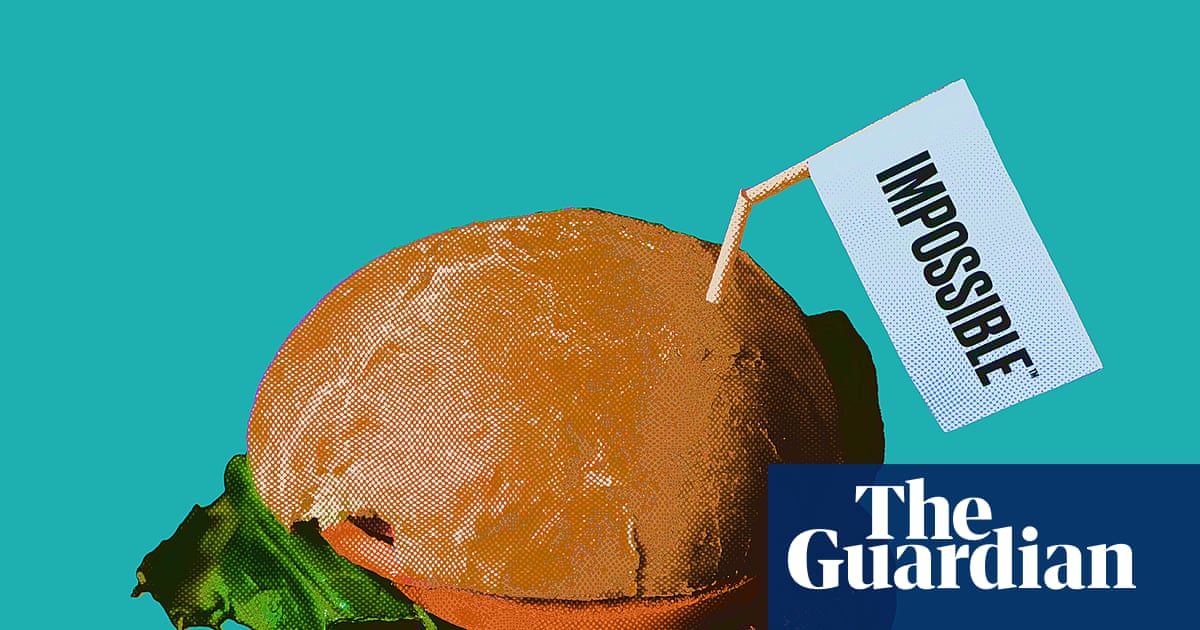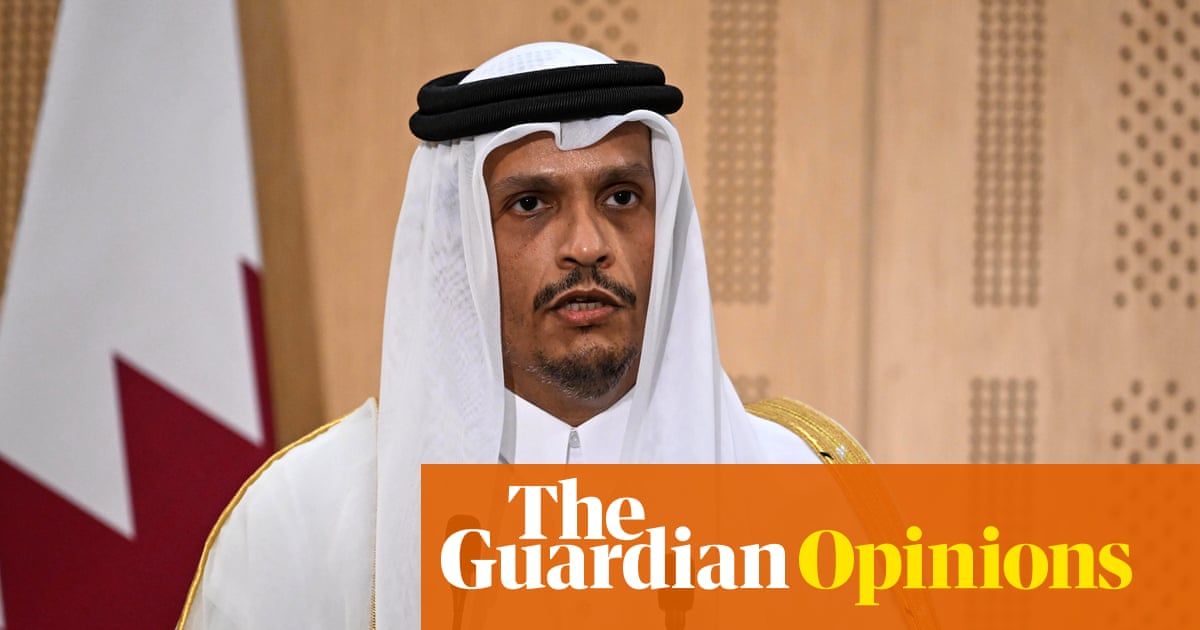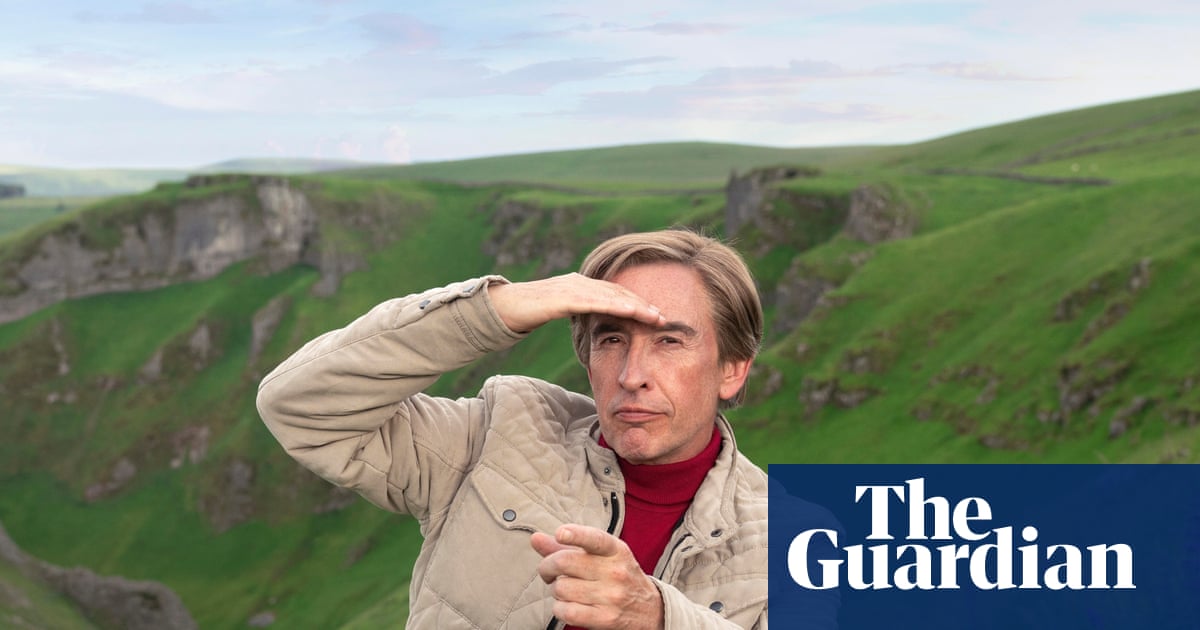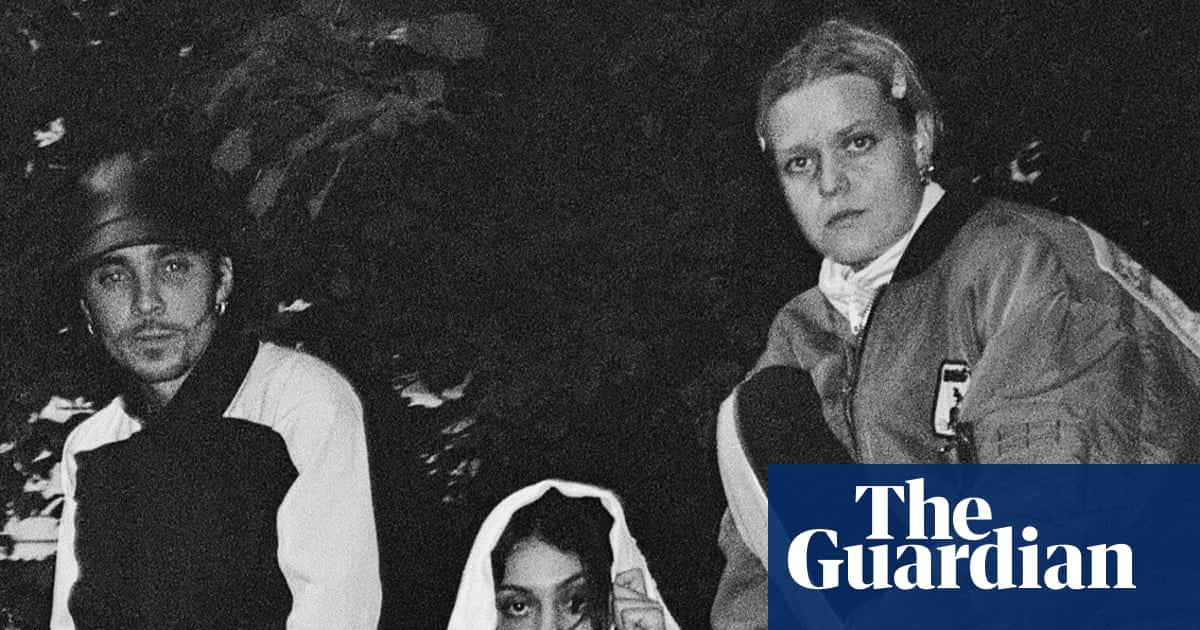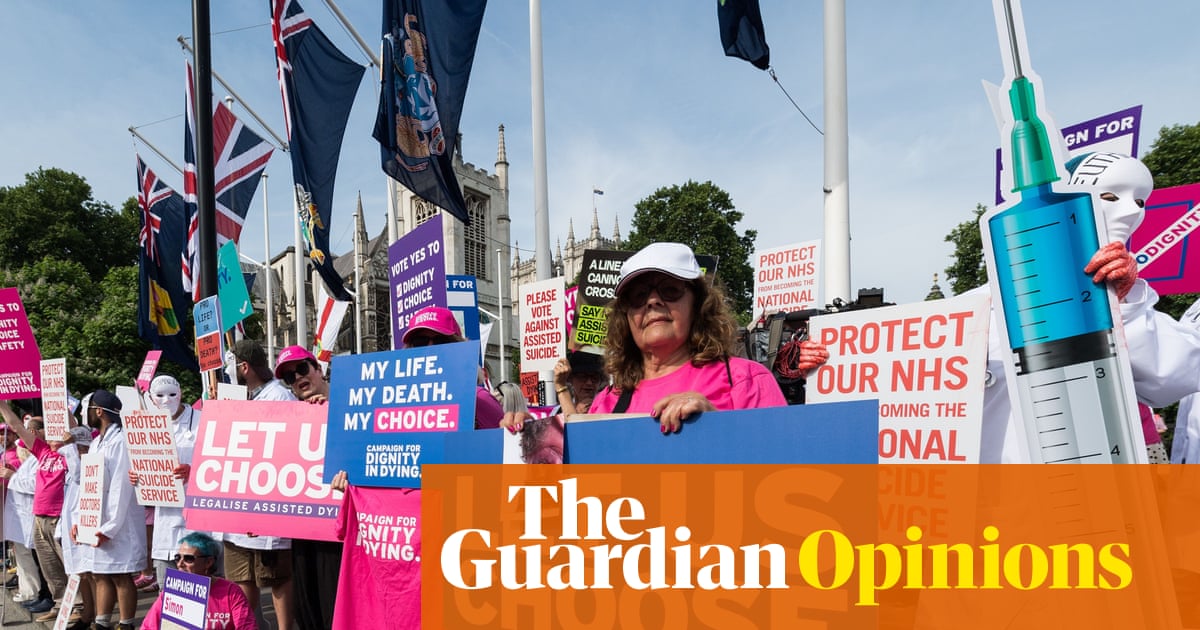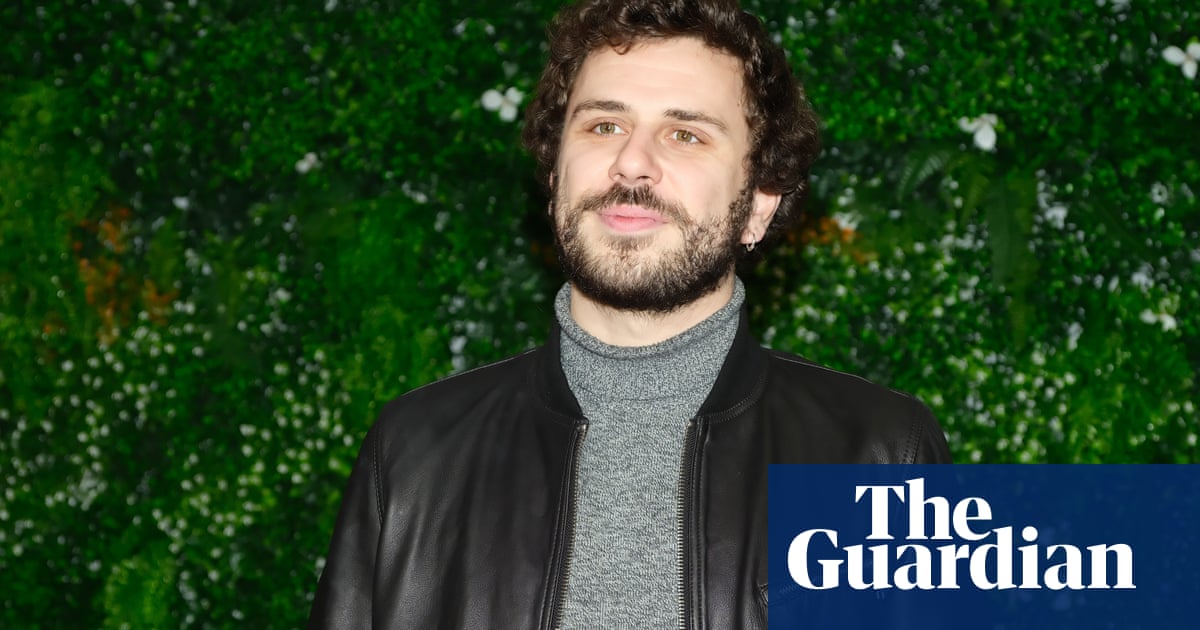Sweden should ban international adoption and apologise after thousands of children were illegally and unethically taken from their home countries including South Korea, Colombia, China and Sri Lanka over several decades, a government inquiry has found.
Presenting the damning findings of the almost four-year investigation, the head of the inquiry, Anna Singer, accused the Swedish state of “violations of human rights”, citing child-trafficking cases spanning from the 1970s to the 2000s.
Some children were adopted without voluntary and informed consent while thousands of others were taken to Sweden with false documents. Often, authorities did not have signed documentation showing consent from the biological parents, even if their identities were known.
International adoptions to Sweden started in the 1950s and continue today. Overall, more than 60,000 children have been adopted from countries around the world.
Other affected countries included Chile, Thailand, Vietnam, Poland, Ethiopia and Russia.
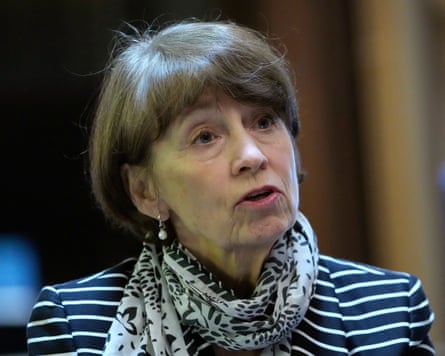
Singer said on Monday: “There have been irregularities in international adoptions to Sweden. There are confirmed cases of child-trafficking during every decade from the 1970s to the 2000s, mainly in individual and private adoptions.”
She added: “Children have also in many cases been adopted without voluntary and informed consent from their parents.”
Some children had falsely been declared dead, she said, others were handed over for adoption by people who were not their parents and some parents did not understand the meaning of consenting to intercountry adoption.
“The state needs to acknowledge the violations of human rights that have occurred in the international adoption process and the consequences it has had for adoptees and their families, and ask for forgiveness,” she said.
The investigation found the government had previously been aware of irregularities in international adoptions.
On the basis of her findings, Singer said, Sweden should stop international adoption.
Her other recommendations included: a national resource centre for adopted people and adoption issues that offered support; and a travel allowance of 15,000 SEK (£1,160) for victims to travel to their country of origin.
Going forward, Singer recommended that cross-border adoption should only be permitted when there was a personal relationship between the applicant and child. “The state should take greater responsibility for ensuring that an adoption is in the best interests of the child and that the process is legally secure,” the report said.
The government has not yet said whether it will take up the recommendations.
The adoption commission was appointed in October 2021 by the then social affairs minister, Lena Hallengren, after the newspaper Dagens Nyheter (DN) published an investigation that showed how children from poor families in other countries had been stolen from their biological parents to be adopted in Sweden.
Matilda Hanson, DN’s deputy managing editor who led the newspaper’s investigation in 2021, said Sweden had “systemically authorised adoptions, based on falsified documentation from dictatorships around the world”.
after newsletter promotion
She said: “We discovered child kidnapping, we discovered fraud, we discovered politicians knowing or getting warnings throughout the years and not acting on them.”
It was important to their sources, Hanson said, that Swedish society acknowledged what had happened and apologised.
She added that many believed there should be reparations so that they could find their birth parents and investigate their own histories: “A lot of our sources say this would mean a lot to them.”
At its peak, in 1977, 1,776 children were internationally adopted into Sweden. Although numbers have fallen since, international adoptions continue. Last year 54 children were adopted internationally through an authorised organisation.
Elsewhere in Europe, the Netherlands, Norway and Denmark have stopped or restricted international adoptions.
Sweden’s social affairs minister, Camilla Waltersson Grönvall, described the findings as “terrible”.
She told the Guardian: “For a long time, children and parents – both here in Sweden and in other parts of the world – have been exposed to serious errors within the framework of international adoption.
“This is about lives marked by betrayal, and I understand that this information arouses strong emotions in many.
“The government takes the conclusions and criticisms that have been made very seriously. We will now analyse the investigation thoroughly to be able to make well-founded and responsible decisions about how to move forward.”

 3 months ago
107
3 months ago
107
